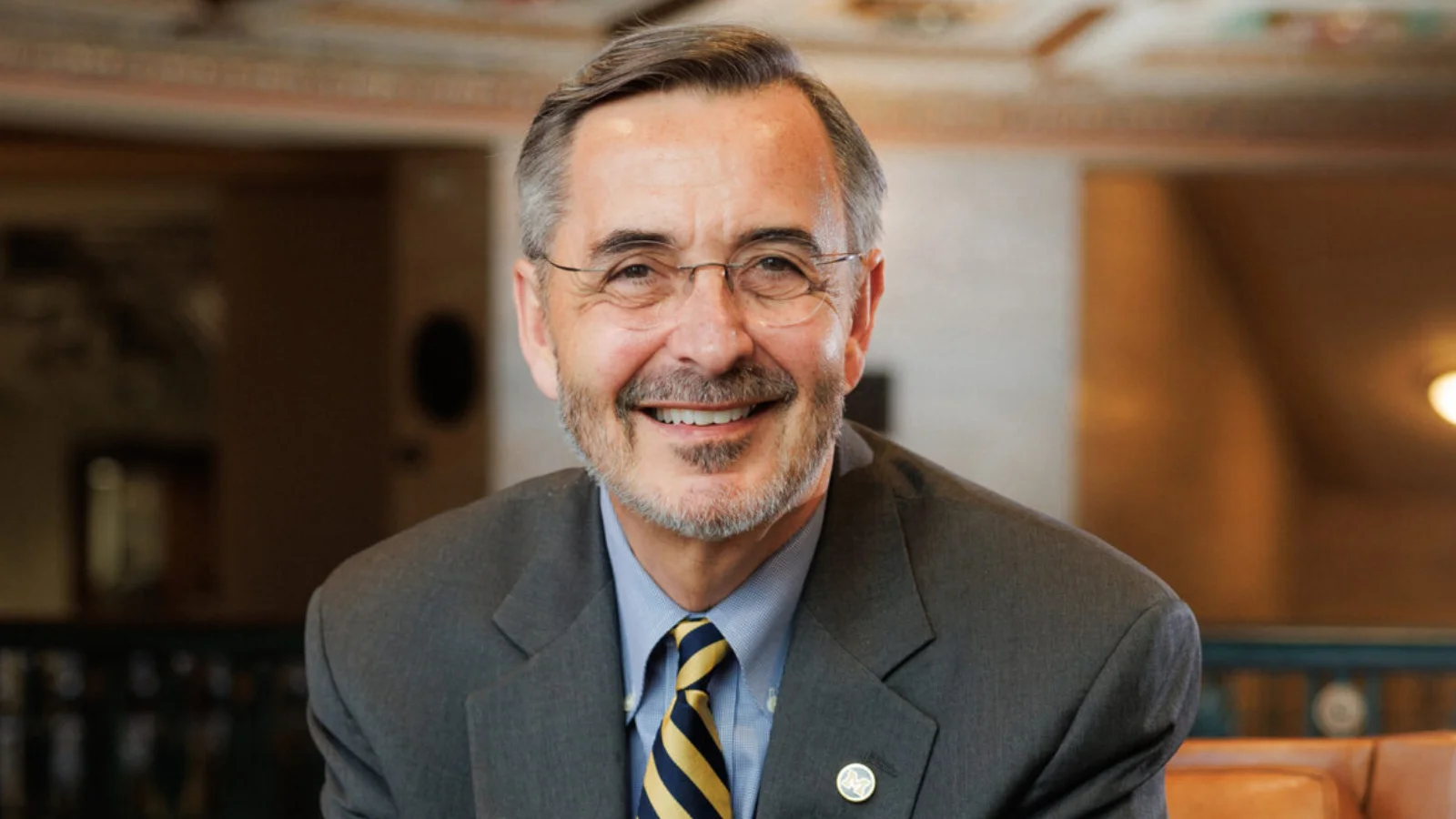Domenico Grasso, President | University of Michigan Ann Arbor
Domenico Grasso, President | University of Michigan Ann Arbor
A recent survey conducted by the University of Michigan’s Detroit Metro Area Communities Study (DMACS) found that Detroit residents who believe the city is moving in a positive direction are more likely to vote in the upcoming mayoral election on November 4. The survey, which was carried out from August 6 through October 1 and weighted to reflect the city’s demographics, shows that 56% of respondents think Detroit is generally headed in the right direction, while 13% feel it is on the wrong track and 31% remain unsure.
Among those with an optimistic outlook about Detroit's future, 70% stated they will definitely vote in the election. In contrast, only 41% of residents who view the city as being on the wrong track and 52% of those uncertain about its direction expressed definite intentions to vote.
“We asked Detroiters about their priorities for the new city administration, in addition to assessing their general sentiments about the city’s direction and their intentions to vote. We see notable differences by age, race and city council district, which underscore the importance of capturing the diversity of Detroiters’ views through this survey,” said Jeffrey Morenoff, one of DMACS' faculty leads and a University of Michigan professor.
The survey results were analyzed in a new issue brief co-authored by Morenoff. This follows an earlier report published in September that looked at major challenges facing Detroit households and how residents hope officials will respond.
Overall, 61% of respondents said they definitely plan to vote in November’s election—the first time in over ten years that Detroiters will elect a new mayor—while another 25% reported they probably would vote. Fourteen percent indicated they probably or definitely would not participate. These numbers are similar to last year’s DMACS findings regarding voter intentions for the presidential election.
Older voters showed greater certainty about voting: 82% of those aged 65 or older said they would definitely cast a ballot compared with just 39% among residents under age 35. The likelihood of voting also increased with education level and income.
There was little difference between Black (65%) and white (64%) respondents regarding definite plans to vote; however, Latino residents were less certain, with only 27% saying they would definitely participate.
“The survey offers powerful insights into some of the hopes and concerns shaping this historic election. We’re seeing variation in who feels motivated to vote,” said Yucheng Fan, data manager at DMACS and co-author of the issue brief.
Optimism about Detroit’s trajectory varied among groups surveyed. Men (65%) were more likely than women (48%) to say things are going well for the city. White residents (70%) expressed greater optimism than Black (54%) or Latino (53%) residents. Older adults and those with higher incomes also tended toward a positive outlook.
Geographically, optimism was highest among people living Downtown, Midtown, and Southwest neighborhoods—specifically Districts 5 and 6—and lowest on Detroit's East Side (Districts 3 and 4). Residents from Northwest neighborhoods fell between these two extremes.
Regarding policy priorities for incoming leadership:
- K-12 schools ranked higher for Black and Latino communities as well as households earning $10,000 or more annually.
- Crime prevention was prioritized by Black residents, women, older adults, individuals with higher education levels, and middle-income earners.
- Affordable housing was seen as most important by Black residents, women, older adults, and those earning low-to-middle incomes.
- Access to quality jobs was highlighted by Black residents, women, and lower-to-middle income groups.




 Alerts Sign-up
Alerts Sign-up